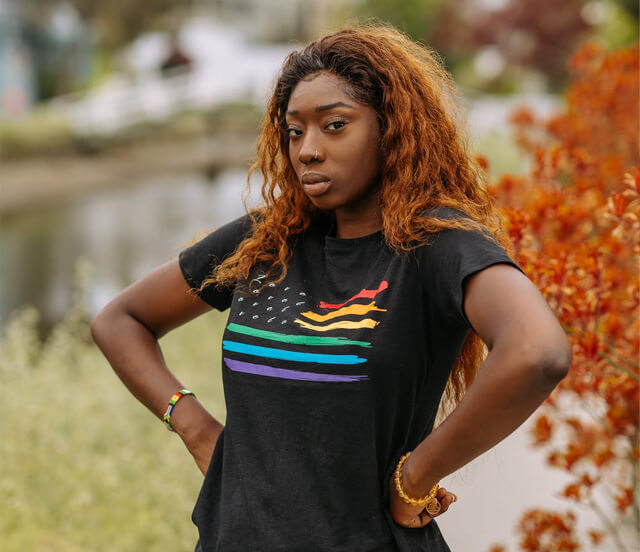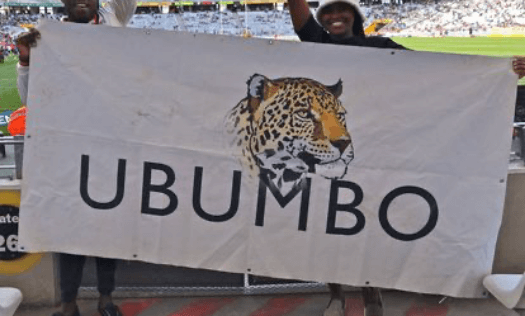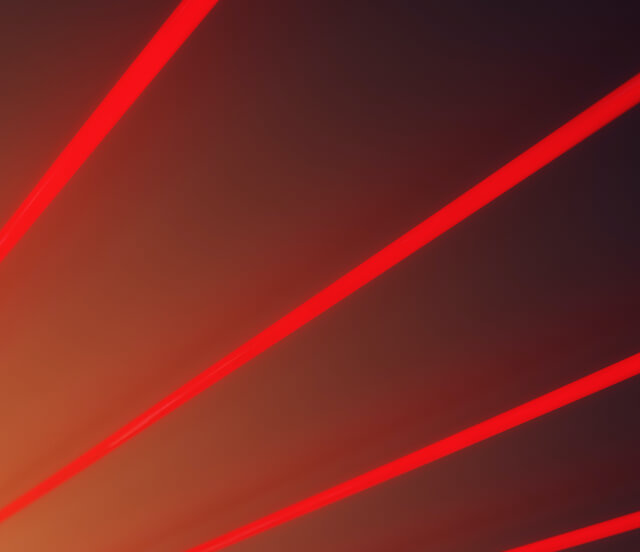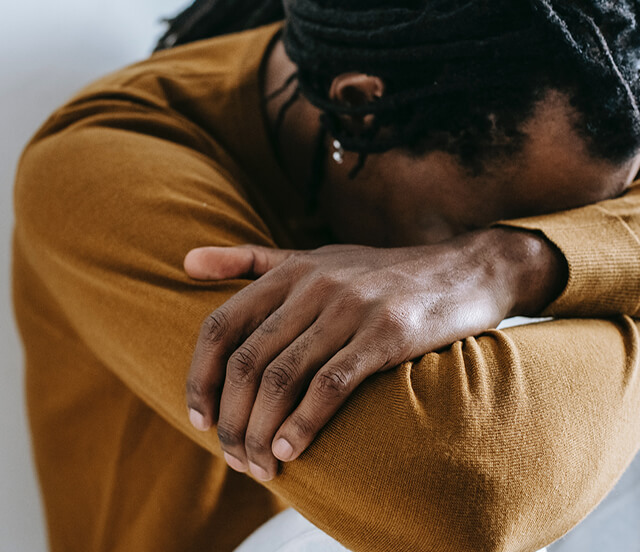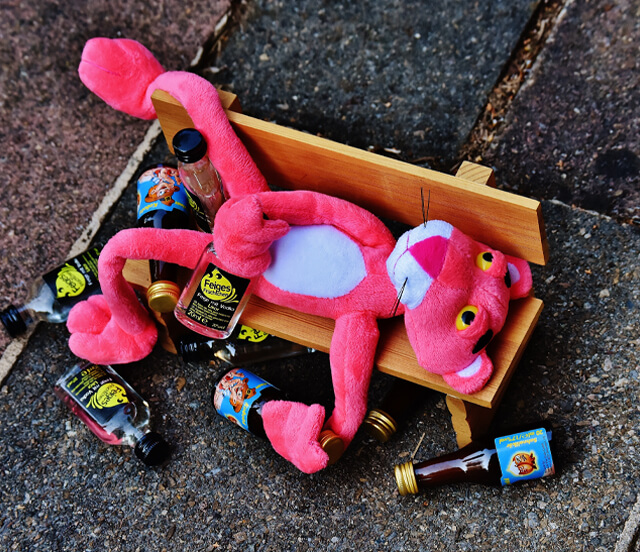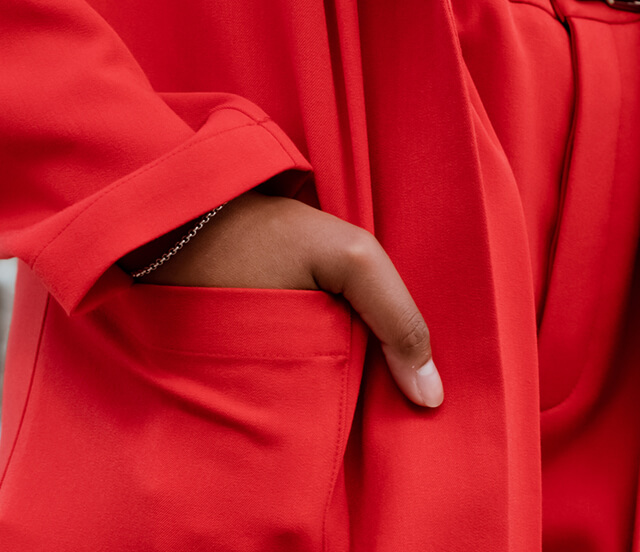by Liziwe Chumani Ntshweza
The Black Lives Matter movement has become a powerful rallying call that has gone beyond the borders of the United States. It has, in many instances evolved to bring light to more than the brutality exerted against black bodies by the police in the United States. It has become a unifying call for the black community across the globe, to fight all the injustices we experience daily. However, when a call to fight against the injustices experienced specifically by black women and members of the LGBTQ+ community is raised, the lack of inclusivity within our communities and movements becomes exposed. Which begs the questions:
Whose lives really matter within the black community?
Who comes to mind first, when we think of the black lives that matter?
Whose lives are worth protecting and advocating for?
Who did not make your list and why?
I am reminded of these questions each time a new story of violence against a black woman makes it to the news or when a black member of the LGBTQ+ community is again subjected to physical or psychological violence at the hands of other black people. In these instances, I remember whose lives are placed at the centre of the conversation when we say ‘Black Lives Matter’. The degree of intra-racial violence exerted onto the bodies of black women and people who are members of the LGBTQ+ community gives us a window into who we subconsciously and consciously believe deserves the fullness of humanity that we are fighting for when we say, ‘Black Lives Matter’.
The conversations within the black community need to evolve to address not just the violence we experience as a result of racial discrimination, but we need to account for all the violence that is exerted against black bodies and spirits, including those that are exerted within our communities. If we are to see ourselves in the fullest breadth of our humanity, then we must take all these atrocities into account.
If our experience of the violence of discrimination and prejudice in our daily lives is not sequential, then the fight to dismantle those systems cannot be sequential either. This means, that it is no longer acceptable for any of us to continue to blindly support systems and beliefs that facilitate the oppression and by extension the violence that is exerted on any member of our community. It is also not acceptable to relegate conversations around, the rampant misogynoir, homophobia, transphobia and classism that exists within our communities as secondary to the fight against racial oppression, because many of us experience those things simultaneously. If the fight for freedom is to be made complete, then we need to take seriously all the lives that should be placed at the centre of the conversation.
Intra-racial violence is not a myth, it exists and permeates through the core of our communities. If black lives will truly matter, then we do not have the luxury to continue to perch on whatever crumbs of privilege we may be given. Freedom belongs to all black bodies, regardless of where you believe they sit in the scale of acceptability, palatability and power. If your fight for liberation ends at your feet, then it is weak and incomplete.

